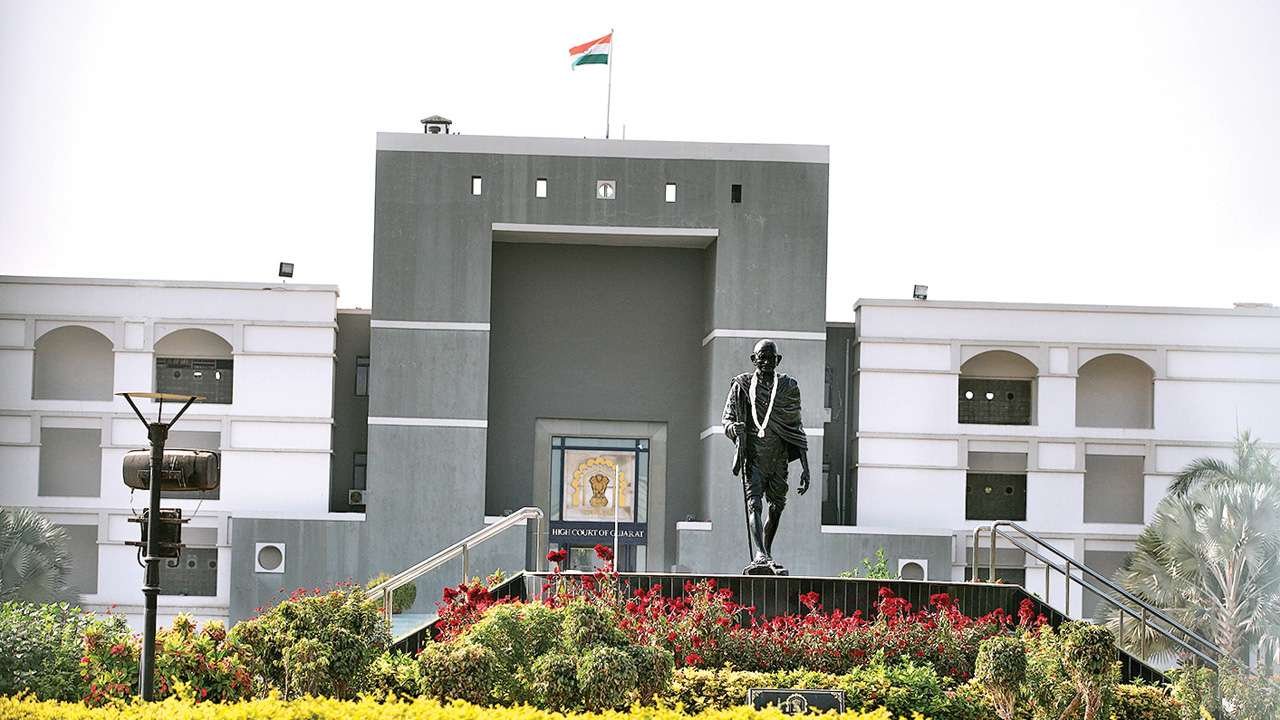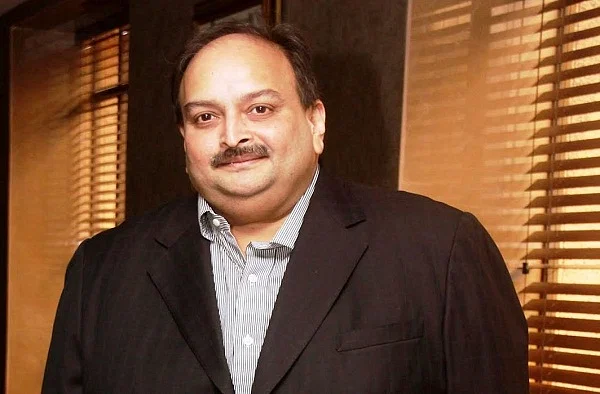The Gujarat High Court, led by Justice AS Supehia, has raised concerns about convictions based on weak evidence, resulting in long periods of imprisonment for the convicted individuals. In a criminal appeal case involving rape and robbery, Justice AS Supehia and Justice MR Mengdey determined that the evidence presented was insufficient and lacked credibility.
The court observed that the appellant, Parmar, had already spent over 13 years in prison despite the presence of flimsy evidence. They emphasized the need to address such cases where convictions are based on improper evaluation of evidence or when doubts arise, leading to extended periods of incarceration.
To address this issue, the court ordered the state government to establish a committee to identify similar cases, particularly those pending before the High Court, where convictions may need to be overturned. The committee’s purpose would be to expedite the process of reconsideration, even if the convicts’ sentences are suspended. The court suggested that such appeals should be prioritized.
The case in question involved four individuals who were convicted by a sessions court in Amreli on charges of rape, theft, and violations of the Scheduled Caste and Scheduled Tribe (Prevention of Atrocities) Act. The prosecution claimed that the four men forcibly entered the victim’s hut, assaulted her spouse, and subjected the victim to sexual assault in an open field nearby. They then returned the victim to her home, stole money and a cell phone, and left her bound to a bed.
The judge noted discrepancies in the evidence, such as the presence of blood samples on the victim’s clothing despite her claim of cleaning them immediately after the incident. Medical evidence also did not indicate any injuries to the victim’s private parts. The judge emphasized that the severity of sexual assault described by the prosecution would typically leave evident wounds, and the victim’s demeanor did not align with such a high level of assault and trauma.
The court’s decision to form a committee aims to rectify cases where weak evidence may have resulted in wrongful convictions, ensuring a fair and just legal process.



